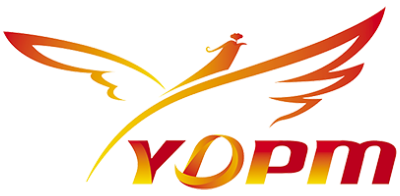●●, located in WuFeng district, Taichung, has produced sockets for hand tools and spare parts for motorcycles and automobiles for more than 30 years. They started the business with a Yang CNC lathe, expanded to 12 machine sets and 16 employees, and passed on the management of the company to the second generation.
Mr. Hsu was counted with seven CNC lathes when he managed the company. He’s faced the same problems other companies have: shortage of workers, unstable production capacity, high quality requirements, and keeping up with future production trends. So, he decided to automate the production lines.
Production stability is always on Mr. Hsu’s mind. His initial desire was for a FANUC controller with robot arm. But due to its high initial cost, he decided on an ITRI L2100 PC-based controller with a Yaskawa robot arm. The goal is to not add more people to operate the machines and only take one hour to feed raw materials.
Challenges
- Labor force shortage
- Inconsistent production capacity
- Production quality limitations
High Scalability, Stable Quality and Maximized Production Capacity
A Yaskawa GP12 robot arm linking two CNC lathes, Yida's ML-560S, each with an ITRI PC-based controller, model L2100.
Results
In the beginning of the implementation, production capacity was estimated at about 2000 pieces per day. Then, after two weeks of modifying the gripper and the program, the production capacity reached up to 2400 pieces per day.
Conclusion
In the past year that the automation project has been in operation, the production line has undergone more than ten different socket productions. Its changeover time is very fast. This system offers quick delivery with low cost, and stable quality. ●● and Yida are making plans for the next automation project.





